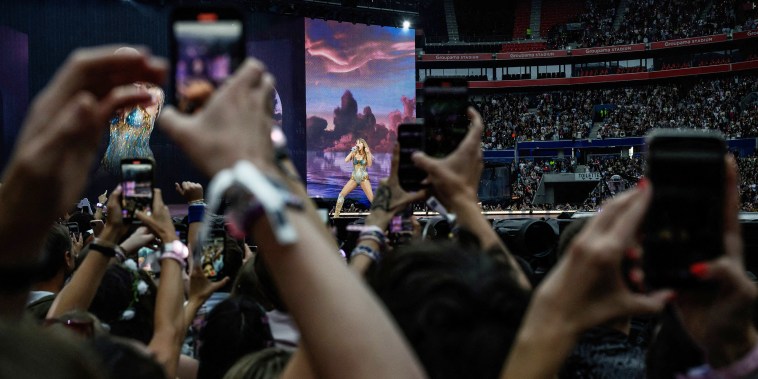
Unleashing the ‘funflation’ Boom: Inside Americans’ Spree on Travel and Entertainment
The shift in consumer spending habits in recent times has been noticeable, with many Americans choosing to allocate more of their disposable income towards travel and entertainment. This phenomenon, coined as the funflation effect, is reshaping the economy and impacting various industries. Let’s delve deeper into the reasons behind this trend and its implications.
One key driver of the funflation effect is changing priorities among consumers. With evolving lifestyles and increasing focus on experiences rather than material possessions, people are seeking out memorable moments and adventures. This shift reflects a broader cultural move towards valuing experiences over things, as individuals prioritize travel, concerts, dining out, and other forms of entertainment.
Moreover, the rise of social media and digital platforms has played a significant role in fueling the funflation effect. Sharing experiences online has become a crucial aspect of modern life, driving individuals to seek out unique and noteworthy experiences to showcase to their social circles. The desire for shareable moments has led to an increase in spending on activities that are not only enjoyable but also Instagram-worthy.
Another factor contributing to the funflation effect is the availability of diverse and accessible entertainment options. The entertainment industry has evolved rapidly in recent years, offering a wide range of choices to consumers, from virtual reality experiences to immersive theater productions. This variety ensures that individuals can find entertainment options that cater to their specific preferences and interests, enticing them to spend more on these experiences.
Additionally, the recovery of the economy post-pandemic has played a role in driving the funflation effect. As people regain a sense of financial stability and confidence, they are more willing to indulge in leisure activities and entertainment. This newfound freedom to spend on non-essential items has provided a boost to industries such as travel, hospitality, and entertainment, as consumers seek to make up for lost time and enjoy life to the fullest.
The funflation effect has implications beyond individual consumer behavior, affecting businesses and the economy at large. Companies in the travel and entertainment sectors are reaping the benefits of increased consumer spending, leading to growth opportunities and innovation within these industries. Moreover, the funflation effect signals a changing economic landscape, where experiences and services hold as much, if not more, value than physical goods.
In conclusion, the funflation effect is a noteworthy trend in consumer behavior, reflecting changing priorities, digital influences, and economic factors. As Americans continue to prioritize experiences and entertainment in their spending habits, industries catering to these desires are poised for growth and adaptation. Understanding the drivers behind the funflation effect is crucial for businesses and policymakers seeking to navigate the evolving consumer landscape successfully.
